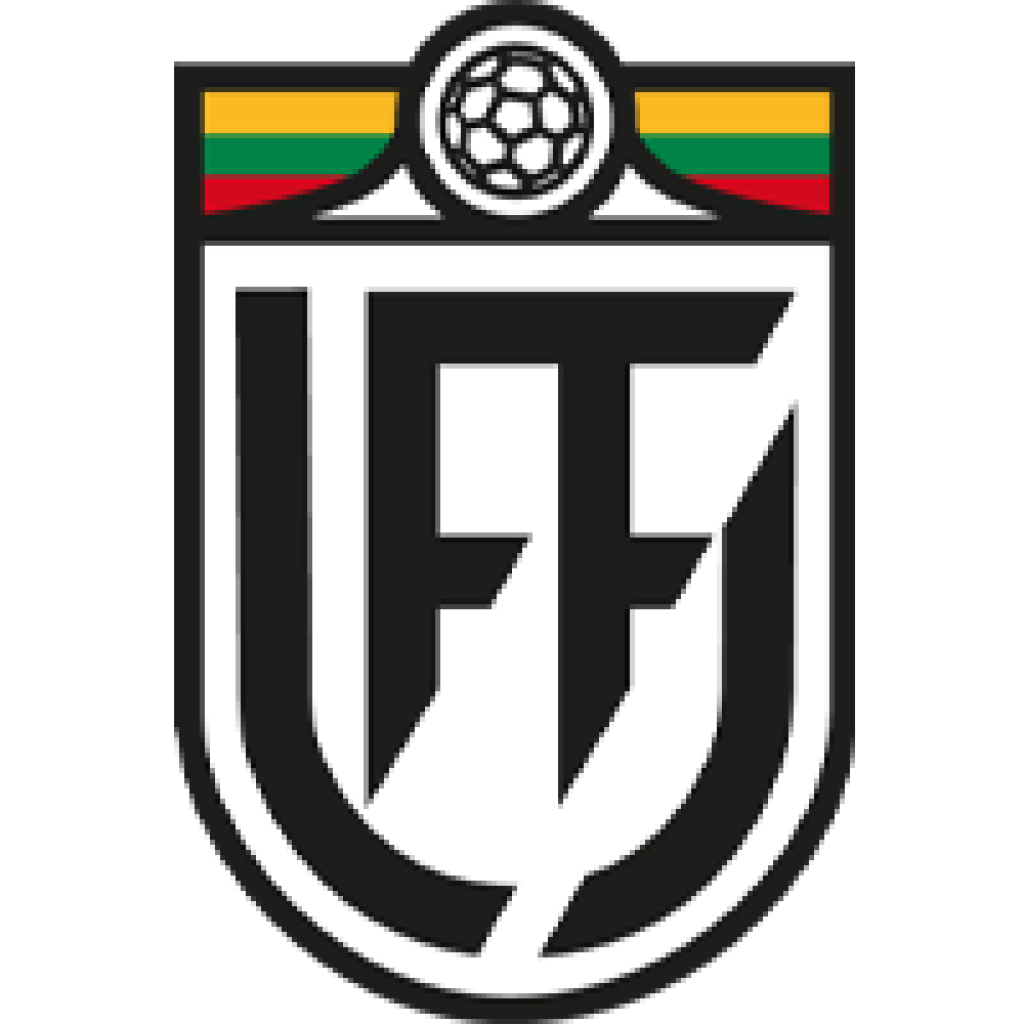A cornerstone of Lithuania FC’s ascent has been their strategic focus on developing homegrown talent. By investing in youth systems, they not only fuel their own squad but also contribute to the broader national football ecosystem.
Structure and Philosophy of Lithuania FC
Lithuania FC’s academy is structured around holistic player development, combining technical skills, tactical understanding, psychological resilience, and academic education. From a young age, players are immersed in a curriculum designed to nurture well-rounded athletes ww88ha.com.
Unlike some traditional academies that emphasize immediate physical prowess, Lithuania FC focuses on long-term potential. This involves personalized training regimes, mentorship from senior players, and regular performance assessments tailored to individual growth trajectories.
They also foster creativity and adaptability, encouraging youth players to experiment with different positions and roles. This flexible approach produces versatile athletes capable of adapting to various tactical demands at professional levels.
I find this philosophy refreshing because it counters the “win at all costs” mentality prevalent in many youth setups. Instead, Lithuania FC nurtures intrinsically motivated players who value learning and teamwork, fostering sustainable excellence rather than short-term success.
Success Stories: From Youth to National and International Stardom
Numerous graduates from Lithuania FC’s academy have gone on to shine domestically and internationally. Some have become key figures in the Lithuanian national team, contributing to its improving performances on the European stage.
For example, several academy products have secured transfers to more prominent European leagues, further raising the club’s profile. Their journeys inspire younger talents and demonstrate the effectiveness of Lithuania FC’s developmental model.
These success stories are not merely about individual glory—they reinforce the credibility of the club’s youth system and attract fresh cohorts of ambitious youngsters each year. Moreover, successful alumni often return as mentors or ambassadors, enriching the club’s culture with their experiences abroad.
From my perspective, these stories underscore the multiplier effect of good youth development programs. They create a virtuous cycle: success breeds inspiration, which fuels further success. Lithuania FC has harnessed this cycle effectively, positioning themselves as a vital incubator for Lithuanian football talent.
Partnerships and Scouting Networks
Beyond their academy, Lithuania FC has invested in extensive scouting networks covering local schools, regional leagues, and neighboring countries. This broadens their talent pool and allows early identification of promising prospects.
Strategic partnerships with other clubs and football associations enable knowledge exchange, joint training camps, and friendly matches that expose young players to diverse styles and competitive environments.
Furthermore, Lithuania FC collaborates with universities and research institutes to integrate sports science into their programs, optimizing player development through data analytics, nutrition, and injury prevention techniques.
Personally, I see these partnerships as a sign of maturity in the club’s approach. Rather than operating in isolation, Lithuania FC actively seeks collaborative growth, recognizing that football development is increasingly interdisciplinary and interconnected.
